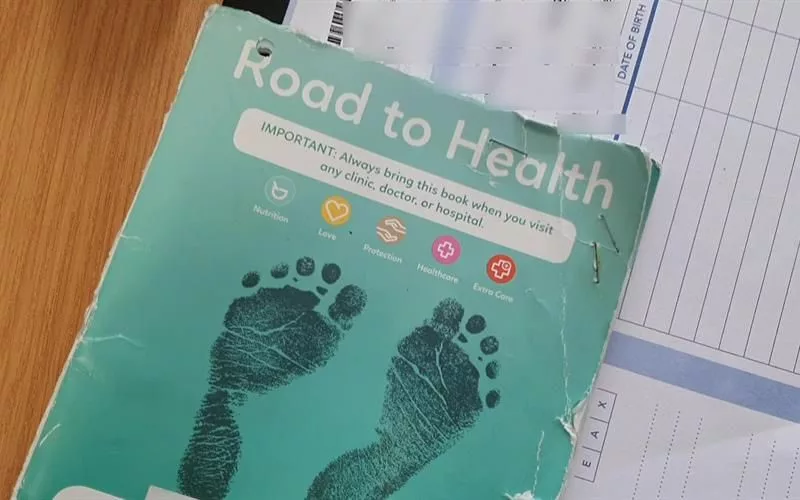SAP SE, a European software company, has resolved a corruption scandal in South Africa, demonstrating that it is committed to ethical business practices globally. The company must navigate the regulatory dynamics of the EU’s digital economy and regulatory framework, maintaining high standards both within the EU and on foreign grounds. SAP’s response to the scandal sets a strong precedent for the industry about the seriousness of such violations, and it has taken steps to strengthen its compliance mechanisms and reaffirm its commitment to ethical conduct. Other corporations can learn from SAP’s journey to redefine corporate success in terms of ethical standards, not just profits.
SAP SE, a leading European software company renowned for its Enterprise Resource Planning (ERP) software, has resolved inquiries related to corruption in South Africa, signaling a commitment to ethical business practices on a global scale.
Navigating Regulatory Dynamics as a Global Organization
As a major player governed by the European Union’s digital economy and regulatory framework, SAP operates in accordance with the stringent principles of data security, fair competition, and anti-corruption. The European Union enforces these principles through powerful institutions like the Anti-Fraud Office (OLAF) and the European Public Prosecutor’s Office (EPPO). SAP must navigate these intricate regulatory dynamics, maintaining high standards within the EU and on foreign grounds.
Confronting the Fallout of Corporate Misconduct
The South African scandal highlights the serious financial and reputational repercussions of corporate misconduct. Corruption undermines public trust and can lead to significant damage. By resolving the issue, SAP confronts the fallout of its failure to address corruption internally, setting a stern precedent for the industry about the gravity of such violations.
Strengthening Compliance Mechanisms in Response to Global Scrutiny
In response to rising global scrutiny and intensified focus on corporate conduct, SAP has taken significant steps to fortify its compliance mechanisms. By addressing past misdemeanors, SAP is making substantial progress in repairing its public image and reaffirming its commitment to lawful and ethical conduct. This endeavor has been attracting attention in the broader software industry, where integrity and compliance are invaluable assets.
A Multifaceted International Discourse
The international discourse surrounding this settlement reflects a diverse spectrum of reactions, from light-hearted jests to updated news coverage on social media platforms like Twitter. Public responses emphasize the broad public interest in SAP’s corrective measures and the global relevance of corporate ethics and their trans-border implications.
Lessons for Corporations Around the Globe
SAP’s settlements in South Africa serve as a profound lesson for corporations around the globe. As regulatory norms become more stringent and public scrutiny intensifies, it becomes imperative for businesses to position ethics at the forefront of their strategic planning. SAP’s ongoing efforts to reconcile with its past and bolster its governance structures signify a positive stride toward fostering a business landscape dominated by accountability and integrity.
In a world that values transparency and social responsibility more than ever, SAP’s journey serves as a stark warning, but also an opportunity for renewal. It is a chance to redefine corporate success not merely in terms of profits, but by the ethical yardstick applied to earning those profits.
1. What is SAP SE?
SAP SE is a European software company renowned for its Enterprise Resource Planning (ERP) software.
2. How did SAP demonstrate corporate integrity in resolving the South African corruption scandal?
SAP resolved inquiries related to corruption in South Africa, signaling a commitment to ethical business practices on a global scale. It has taken significant steps to fortify its compliance mechanisms, making substantial progress in repairing its public image and reaffirming its commitment to lawful and ethical conduct.
3. What regulatory dynamics does SAP have to navigate as a global organization?
SAP operates in accordance with the stringent principles of data security, fair competition, and anti-corruption governed by the European Union’s digital economy and regulatory framework. It must maintain high standards within the EU and on foreign grounds.
4. What lesson can corporations around the globe learn from SAP’s journey?
Corporations around the globe can learn that as regulatory norms become more stringent and public scrutiny intensifies, it becomes imperative to position ethics at the forefront of their strategic planning. SAP’s ongoing efforts to reconcile with its past and bolster its governance structures signify a positive stride toward fostering a business landscape dominated by accountability and integrity.
5. What is the international discourse surrounding SAP’s response to the South African corruption scandal?
The international discourse surrounding this settlement reflects a diverse spectrum of reactions, from light-hearted jests to updated news coverage on social media platforms like Twitter. Public responses emphasize the broad public interest in SAP’s corrective measures and the global relevance of corporate ethics and their trans-border implications.









